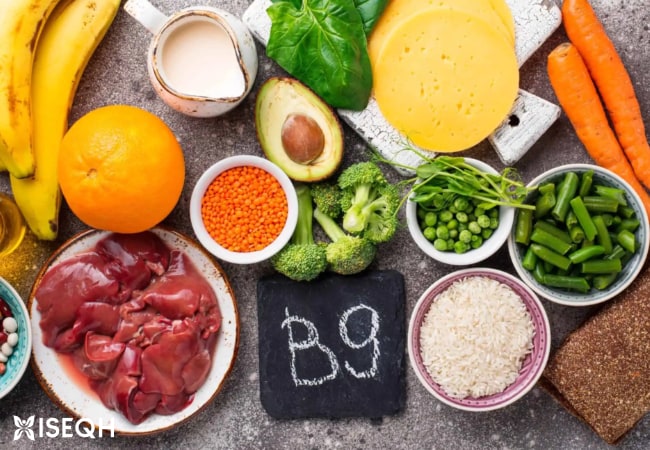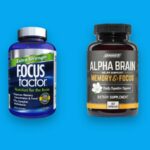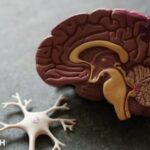
Table of Contents
Introduction
Vitamin B8, also referred to as inositol, is a type of water-soluble vitamin that plays a critical role in several bodily functions. This member of the B-complex family of vitamins is indispensable for the growth and development of cells, as well as for the metabolism of amino acids and the breakdown of fats. In this article, we will delve into the functions of Vitamin B8, its sources in food, the symptoms of deficiency, overdose symptoms, the recommended daily intake, who is at risk of a deficiency, how to prevent a deficiency, and answer some frequently asked questions.
Functions of Vitamin B8
Vitamin B8 has several important functions in the body. It helps in the growth and development of cells and assists in the breakdown of fats. It also aids in the metabolism of amino acids, which are the building blocks of proteins. Additionally, Vitamin B8 helps regulate blood sugar levels and is essential for healthy nerve function.
Food Sources of Vitamin B8
Vitamin B8 is found in a variety of foods, including beef liver, whole grains, brewer’s yeast, nuts and seeds, legumes, and leafy green vegetables. It is also present in some fruits and meats, but in smaller amounts. The best sources of Vitamin B8 are beef liver and brewer’s yeast, which are rich in this essential vitamin.
Deficiency Symptoms of Vitamin B8
A deficiency of Vitamin B8 can cause several health problems. Symptoms may include skin and hair problems, fatigue, mood swings, and weakness and numbness in the limbs. If left untreated, deficiency can lead to more severe neurological problems.
Overdose Symptoms of Vitamin B8
There are no known overdose symptoms of Vitamin B8, as it is a water-soluble vitamin, and any excess is excreted in the urine.
Recommended Daily Intake of Vitamin B8
The recommended daily intake of Vitamin B8 varies depending on age and gender. For adult men and women, it is recommended to consume between 25-50mg per day. Pregnant and breastfeeding women need more, with a recommended intake of 100-200mg per day.
Who is at Risk of Vitamin B8 Deficiency?
People with poor diets, alcoholics, elderly people, people with certain medical conditions such as Crohn’s disease, celiac disease, and some genetic disorders are at higher risk of Vitamin B8 deficiency. Additionally, people who are taking medications that affect Vitamin B8 absorption, such as antibiotics and certain anticonvulsants, may also be at risk.
How to Prevent Vitamin B8 Deficiency
Eating a healthy diet that includes a variety of foods rich in Vitamin B8 can help prevent deficiency. It is also recommended to avoid excessive alcohol consumption, as alcohol can interfere with Vitamin B8 absorption. In some cases, supplements may be necessary to meet the daily recommended intake.
Conclusion
Vitamin B8, also known as inositol, is an essential nutrient that plays a crucial role in several bodily functions. It is important to consume a healthy, balanced diet that includes sources of Vitamin B8 to prevent deficiency and maintain optimal health. If you suspect you may be deficient in Vitamin B8, it is recommended to speak with your healthcare provider.
FAQs
Is Vitamin B8 the same as Inositol?
Yes, Vitamin B8 is also known as inositol.
Can you get enough Vitamin B8 from your diet alone?
It is possible to get enough Vitamin B8 from your diet alone, but it can be challenging to consume the recommended daily intake consistently. Supplements may be necessary in some cases.
Can Vitamin B8 supplements interact with medications?
Vitamin B8 supplements may interact with medications that affect Vitamin B8 absorption, such as antibiotics and certain anticonvulsants. It is recommended to speak with a healthcare provider before taking any supplements.
Are there any side effects of taking Vitamin B8 supplements?
Vitamin B8 supplements are generally considered safe when taken as directed. However, some people may experience mild digestive symptoms, such as nausea or diarrhea.
Can Vitamin B8 help with anxiety and depression?
Some studies suggest that Vitamin B8 may have a positive impact on mood disorders such as anxiety and depression. However, more research is needed to determine its effectiveness as a treatment option.








